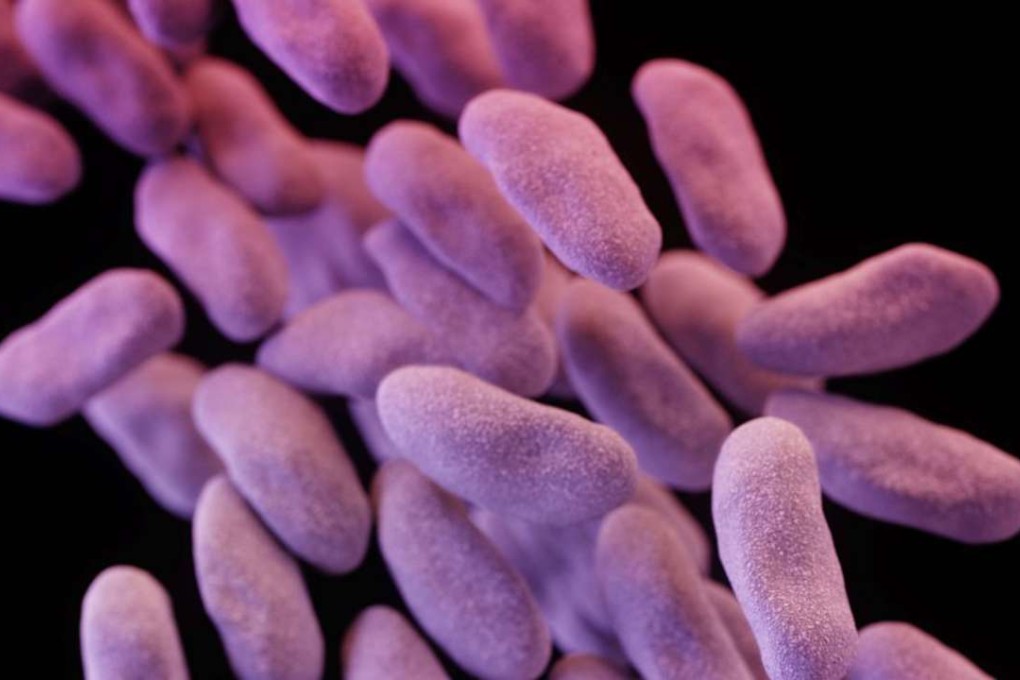Time is running out for action on reckless misuse of antibiotics
Gwynne Dyer says current practices for both humans and animals are increasing bacterial resistance, raising the spectre of an era when common infections will again prove deadly

At the UN recently, all member countries signed a declaration that recognises the rise in antibiotic resistance as a threat to the entire enterprise of modern medicine. It’s a start, but time is running out.
“The emergence of bacterial resistance is outpacing the world’s capacity for antibiotic discovery,” World Health Organisation director-general Margaret Chan warned the meeting. “The world is heading toward a post-antibiotic era in which common infections will once again kill.”
Regulate use of medicines to curb drug resistance that’s turning common diseases into killers
The declaration urges countries to cut back on the use of antibiotics to preserve their effectiveness, to make better use of vaccines instead, and to spend more money on developing new antibiotics. It doesn’t put any actual money on the table, however, and it doesn’t even make it illegal to pump “sub-therapeutic” doses of antibiotics into farm animals. (National governments have to do that.)

UK doctors told to halve inappropriate antibiotic prescriptions by 2020
The reckless misuse of antibiotics is rapidly destroying their effectiveness. The problem of bacterial resistance has been understood for a long time. If the antibiotic kills all the harmful bacteria it targets in the person or animal it is given to, then no resistance develops. But if it only kills off the weaker ones because it was a very low dosage, or because the course of drugs was not finished, then the surviving bacteria will be the most resistant.
The only way to keep antibiotics effective ... is to use them as rarely as possible
They will pass their resistance on to all their descendants, who will undergo similar episodes of winnowing out the less-resistant ones many more times, and gradually the resistance grows. The only way to keep antibiotics effective, therefore, is to use them as rarely as possible, and to make sure that they kill off all the target bacteria when they are used.
